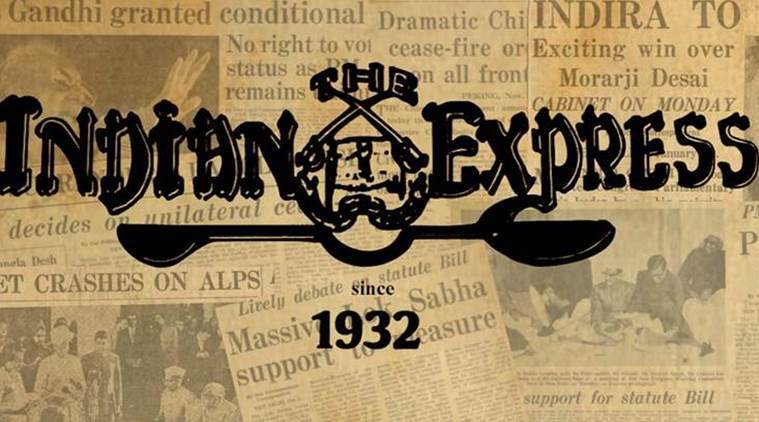 Legally, the LG’s right to run Delhi’s administration has been upheld by the Delhi High Court.
Legally, the LG’s right to run Delhi’s administration has been upheld by the Delhi High Court.
The Aam Aadmi Party has kicked off its campaign for full statehood to Delhi with a shrill cry: “LG Delhi chhodo”. Notwithstanding the edge and exaggeration of political rhetoric, however, a possibility of conversation around the vexed issue has opened up. But for that, the combative positions taken by all the stakeholders will need to soften.
The fact is that there is a fundamental contradiction between two foundational principles in Delhi: On the one hand, the city has a legislature and an elected council of ministers (unlike Union Territories). But the special constitutional set-up for Delhi under Article 239AA severely circumscribes the powers of the state government. The rationale behind this dichotomy is understandable: As the national capital, certain logistical and security aspects of the city are bound to be the Centre’s concern, and Article 239AA provides the legal basis for it to maintain control over such issues. The elected state government, till the AAP swept Delhi in 2015 and the BJP’s massive national mandate a few months earlier, had managed to resolve its differences with the Centre through negotiation and compromise. Over the last few years, however, that changed. The lieutenant governor has invited accusations of hindering the AAP government’s functioning, including taking away the powers of appointment, investigation and jurisdiction over bureaucrats. In turn, Chief Minister Kejriwal has chosen to dramatise and sharpen differences. The AAP’s slogan for the campaign for statehood, for example, unsubtly compares the office of the LG to that of the British viceroy and implies that the current Union government is akin to a colonial one.
Legally, the LG’s right to run Delhi’s administration has been upheld by the Delhi High Court. However, it is also true that an elected government is accountable directly to the people and as such, must have a sphere of autonomy, for example, in the appointment of senior bureaucrats. A middle-path can surely be carved out: As early as 2003 the BJP had tabled a bill in the Lok Sabha demanding full statehood for Delhi, and a parliamentary standing committee recommended that the central government continue to oversee the administration in the areas under the New Delhi Municipal Corporation while in the rest of the city, the state legislature has all the powers guaranteed under the State List of the Constitution. But for those proposals, and others, to be considered seriously, vituperation around statehood must be avoided.